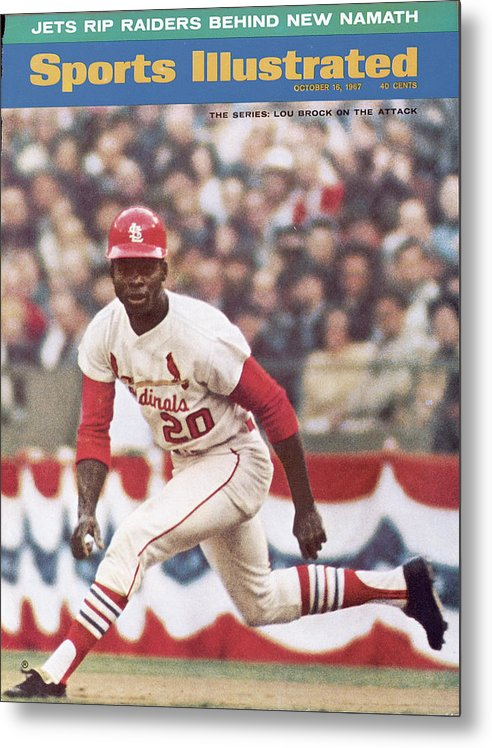"Toward the end of Nature, for example, Emerson turns directly to his reader and says unblushingly:Writing a book, no less than plowing a field and laying out a diamond, is building a world too.
Every spirit builds itself a house, and beyond its house a world, and beyond its world a heaven. Know then, that the world exists for you. For you is the phenomenon perfect. What we are, that only can we see. All that Adam had, all that Caesar could, you have and can do. Adam called his house, heaven and earth; Caesar called his house, Rome; you perhaps call yours, a cobbler's trade; a hundred acres of ploughed land; or a scholar's garret. Yet line for line and point for point, your dominion is as great as theirs, though without fine names. Build, therefore, your own world." --Robert Richardson, First We Read...
I've also been looking to nonagenerian John McPhee for inspiration and motivation. His wonderfully/optimistically-titled Tabula Rasa: Volume 1 begins with the author's recollection of his own youthful encounter with old Thornton Wilder, who admonished the younger man never to question the value of "scholarship"--Wilder's term for a late-life authorial project that struck young McPhee as pointless. Older McPhee realized that what Wilder was really pursuing was an "Old Man Project," a reason to continue keeping daily accounts with the world and his own experience therein.
McPhee offers this practical advice, which may not be the generally-approved method of academic scholarship but which resonates with my own experience and makes good authorial sense to me.
"I would go so far as to suggest that you should always write your lead (redoing it and polishing it until you are satisfied that it will serve) before you go at the big pile of raw material and sort it into a structure.
O.K. then, what is a lead? For one thing, the lead is the hardest part of a story to write. And it is not impossible to write a very bad one. Here is an egregiously bad one from an article on chronic sleeplessness. It began: “Insomnia is the triumph of mind over mattress.” Why is that bad? It’s not bad at all if you want to be a slapstick comedian—if humor, at that stratum, is your purpose. If you are serious about the subject, you might seem to be indicating at the outset that you don’t have confidence in your material so you are trying to make up for it by waxing cute. I have often heard writers say that if you have written your lead you have in a sense written half of your story.
Finding a good lead can require that much time, anyway—through trial and error. You can start almost anywhere. Several possibilities will occur to you. Which one are you going to choose? It is easier to say what not to choose. A lead should not be cheap, flashy, meretricious, blaring. After a tremendous fanfare of verbal trumpets, a mouse comes out of a hole blinking." --Draft No. 4: On the Writing Process
So the takeaway is: take the time and trouble to do and re-do a good lead, which--like a good lead-off hitter--sets the table and the tone for what follows. So who's the inspiration here? Shoeless Joe? Rickey Henderson? Ichiro?
No. I'm sticking with Lou, my boyhood hero, c.1967.

No comments:
Post a Comment